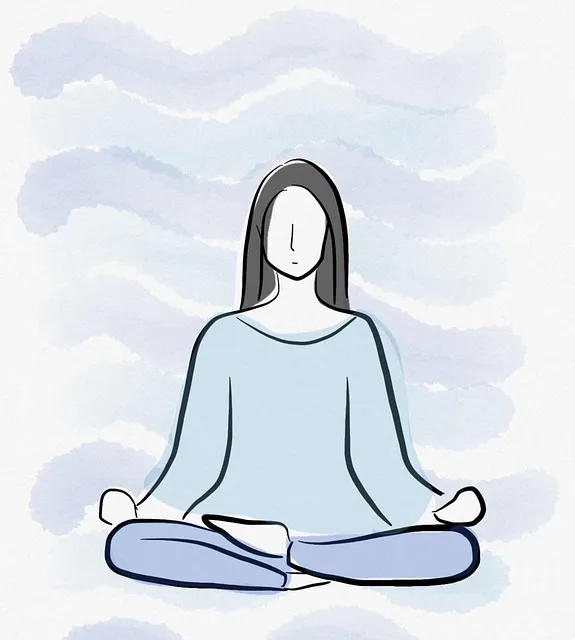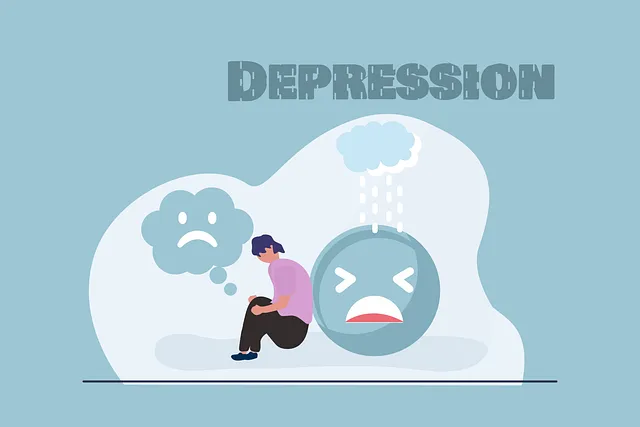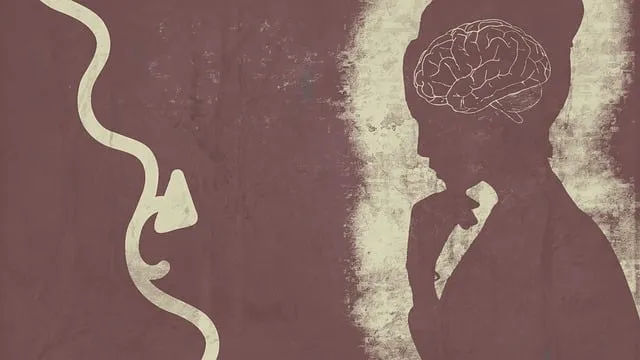Aurora Kaiser's mental health classes revolutionize well-being by combining mindfulness, emotional awareness, and journaling for stress reduction. These evidence-based practices challenge stigma, promote early intervention, and foster community resilience through open conversations and peer support. Leveraging digital platforms, her classes democratize access to resources, empowering individuals to take control of their mental health in a safe, anonymous environment.
“Mental health advocacy is a powerful tool for creating positive change. This article delves into the heart of this movement, exploring initiatives that champion emotional well-being. We examine the influential approach of Aurora Kaiser, whose mental health classes have sparked meaningful conversations. Discover how community engagement and online platforms are transforming access to support, while also tackling stigma head-on. By implementing effective strategies from advocacy leaders, we can foster a culture that prioritizes and understands mental health.”
- Understanding Mental Health Advocacy: A Necessary Conversation
- The Impact of Aurora Kaiser's Approach to Mental Health Education
- Community Engagement: Building Support Networks for Better Mental Well-being
- Online Platforms and Their Role in Expanding Access to Mental Health Resources
- Breaking Stigma: Effective Strategies to Advocate for Mental Health Awareness
Understanding Mental Health Advocacy: A Necessary Conversation

Mental Health Advocacy is a movement that pushes for increased awareness, understanding, and support for individuals dealing with mental health issues. It involves educating communities, challenging stigmas, and ensuring access to quality care. This conversation is vital in fostering an environment where everyone feels comfortable seeking help. Initiatives like Aurora Kaiser’s mental health classes play a crucial role by providing resources and guidance through evidence-based practices.
These efforts extend beyond individual growth; they are essential for creating systemic changes. For instance, the integration of Mental Wellness Journaling Exercise Guidance can enhance self-care habits. Additionally, Burnout Prevention Strategies for Healthcare Providers focus on supporting those who support others, thereby improving overall mental wellness. Implementing Stress Reduction Methods at various levels can mitigate risks and promote resilience in communities.
The Impact of Aurora Kaiser's Approach to Mental Health Education

Aurora Kaiser’s innovative approach to mental health education has had a profound impact on individuals seeking to improve their well-being. Her popular mental health classes focus on empowering people through practical tools and techniques, offering a unique blend of mindfulness practices, emotional awareness exercises, and self-care strategies. By encouraging participants to explore their thoughts and feelings in a safe, non-judgmental space, Kaiser’s method fosters a deeper understanding of mental wellness.
One of her key contributions is the integration of journaling as a mental wellness journal exercise guidance. She teaches individuals how to use writing as a therapeutic tool, helping them process emotions, track moods, and gain insights into their mental health journeys. This approach not only promotes self-reflection but also provides a tangible record of progress over time, enabling better mood management and overall mental health awareness. Kaiser’s classes have become a go-to resource for those seeking to navigate the complexities of their minds and adopt healthier coping mechanisms.
Community Engagement: Building Support Networks for Better Mental Well-being

Community engagement plays a pivotal role in fostering better mental well-being through the creation of robust support networks. Initiatives like Aurora Kaiser’s mental health classes exemplify this, offering accessible platforms for individuals to learn about and discuss various aspects of mental health. These sessions not only promote awareness but also encourage peer-to-peer support, breaking down stigmas associated with seeking help. By fostering open conversations, communities can better identify signs of distress and offer timely assistance, significantly contributing to burnout prevention.
Moreover, engaging in collective self-care practices is a powerful tool within these networks. Encouraging the development of positive thinking and self-care routines becomes a shared responsibility, creating a supportive ecosystem that empowers individuals to take proactive steps for their mental health. This holistic approach ensures that everyone involved feels valued, understood, and equipped with the necessary tools to navigate life’s challenges more effectively.
Online Platforms and Their Role in Expanding Access to Mental Health Resources

In today’s digital era, online platforms have emerged as powerful tools for expanding access to mental health resources, democratizing care and making support more accessible. Initiatives like Aurora Kaiser’s mental health classes exemplify this trend, offering interactive and engaging content that transcends geographical barriers. Through live streams, recorded sessions, and accessible forums, these platforms connect individuals seeking help with a variety of services, including stress management workshops, resilience-building exercises, and community outreach program implementations.
This digital transformation has been instrumental in reaching those who might otherwise struggle to access traditional mental health care. Online spaces provide a safe, anonymous environment for discussion and learning, fostering open conversations about mental well-being. Moreover, they offer flexibility, allowing individuals to participate at their own pace and convenience. As the demand for accessible mental health services continues to grow, these platforms play a crucial role in ensuring that support is readily available, empowering individuals to take proactive steps towards improving their mental health.
Breaking Stigma: Effective Strategies to Advocate for Mental Health Awareness

Breaking stigma is a pivotal aspect of mental health advocacy, aiming to create an environment where individuals feel comfortable discussing their experiences and seeking support. Aurora Kaiser’s mental health classes offer powerful tools in this regard, challenging societal norms and promoting understanding. Through interactive discussions, these classes encourage participants to share personal stories, fostering empathy and normalizing conversations about mental wellness. By providing education and dispelling myths, they empower people to recognize signs of struggle, whether it’s a friend’s sudden withdrawal or changes in behavior indicative of depression prevention.
The impact extends beyond individual growth; these initiatives collectively contribute to broader community resilience. By integrating crisis intervention guidance into everyday discourse, communities become better equipped to handle mental health crises. Mental health awareness advocates act as catalysts for positive change, ensuring that support systems are in place and accessible to all, regardless of background or identity. This collective effort not only promotes healing but also creates a supportive network that reinforces the importance of prioritizing mental well-being.
Mental health advocacy initiatives, as exemplified by Aurora Kaiser’s innovative mental health classes, play a pivotal role in fostering community support and breaking down stigma. By engaging diverse audiences through online platforms and adopting strategic approaches to awareness, we can significantly enhance access to resources and improve overall mental well-being. Through collective efforts, we can create a more inclusive and supportive society that prioritizes mental health advocacy.






